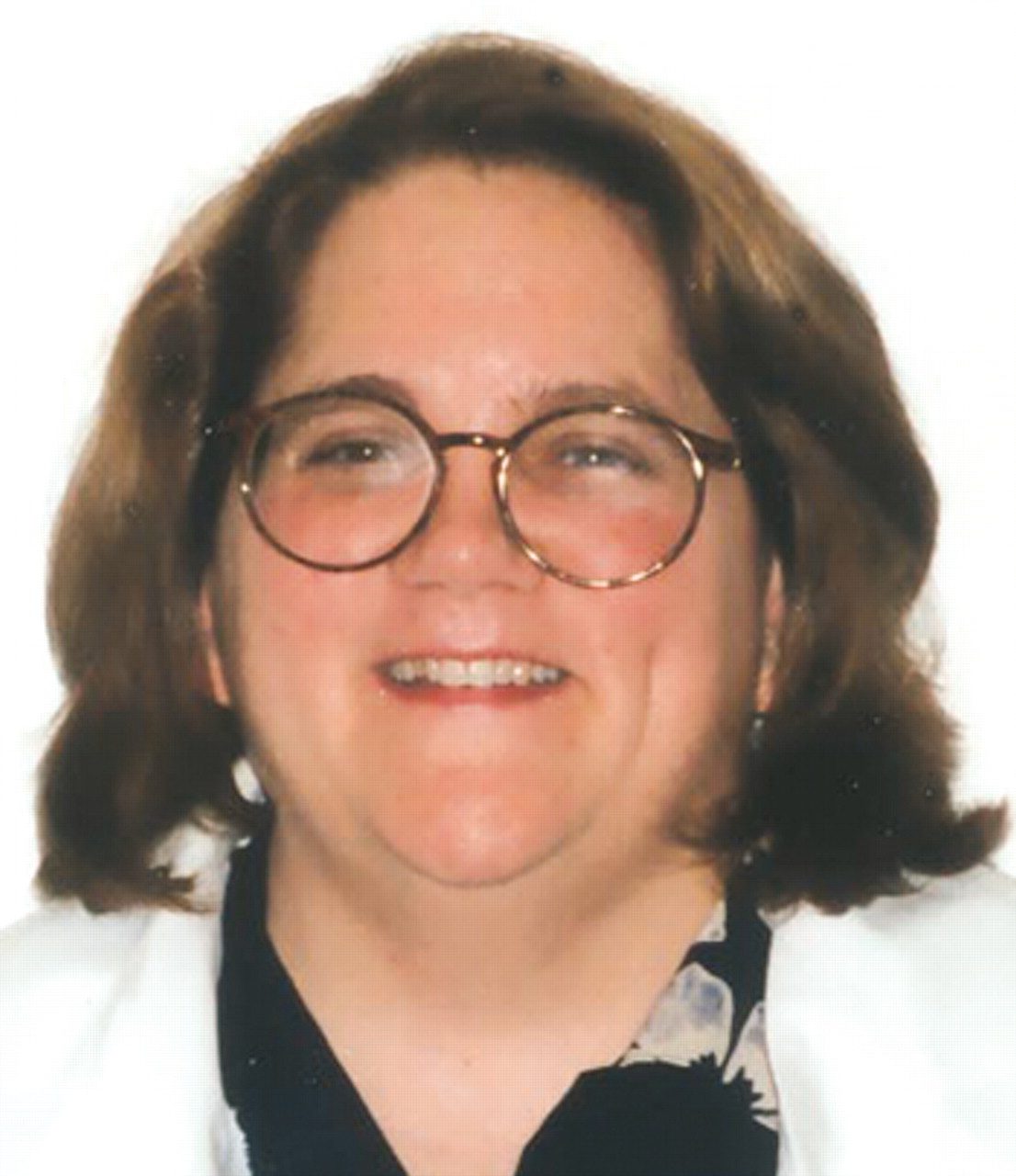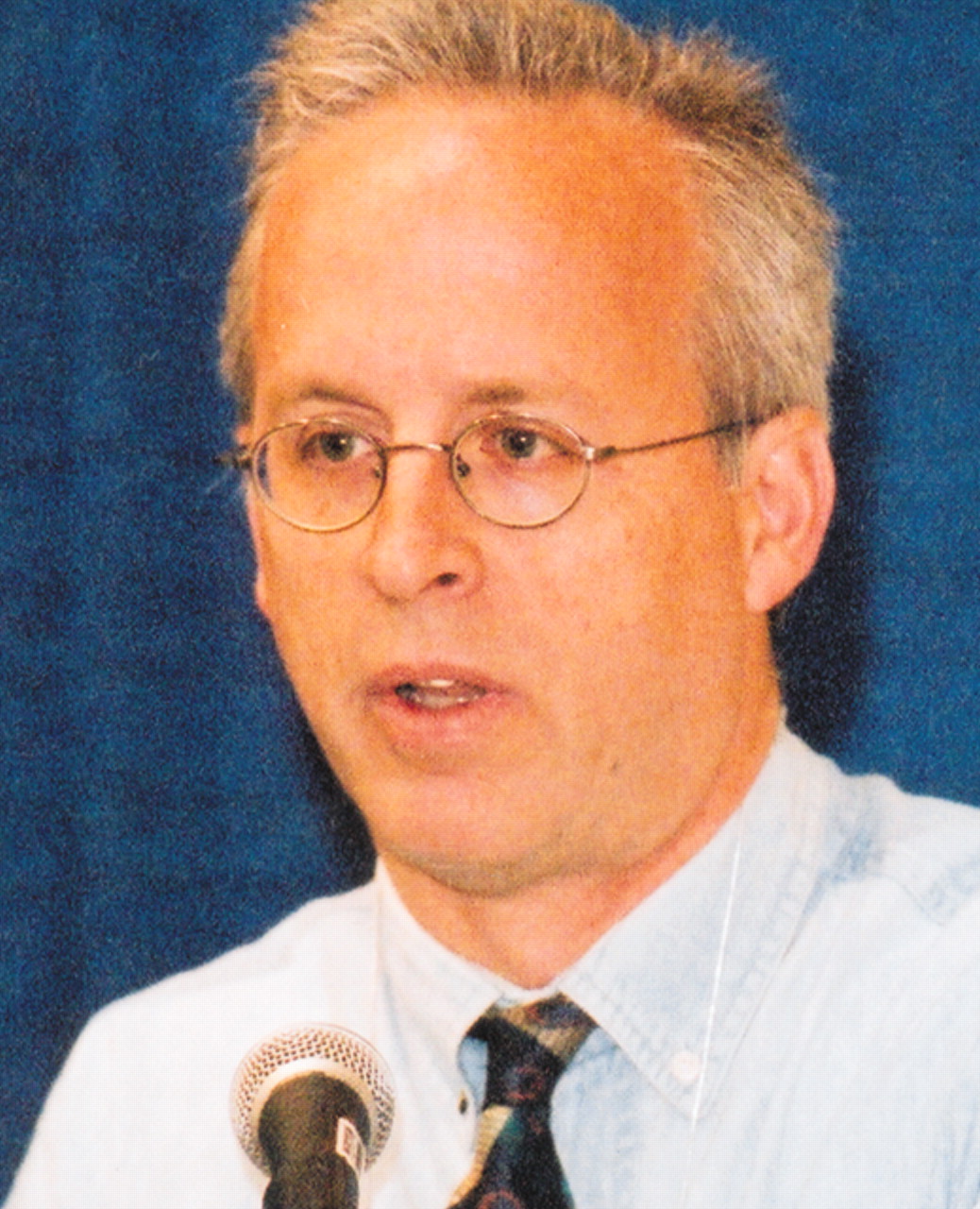Psychiatric Patients Fall Victim to Medicaid Crisis

Satya Chandragiri, M.D.: “If you are ‘near poor’ and not eligible for Medicaid, decide not to have a psychosis in Oregon.”
“We have a public health crisis, rather than a crisis in access to mental health services,” he said. “Unless we take that broad view, people will say this is just a problem for mental health, and stigma will isolate us.”
Chandragiri is the medical director of Eastern Oregon Psychiatric Center, a 60-bed public hospital in Pendleton, and a board member of the American Association of Community Psychiatrists (AACP).

Jacqueline Feldman, M.D.: “Who will decide what medications to cut off?”
Feldman holds the Patrick H. Linton Endowed Professorship in the department of psychiatry and behavioral neurobiology at the University of Alabama at Birmingham (UAB) and is executive director of the UAB Community Mental Health Center.
Thompson is an associate professor of psychiatry and public health at the University of Pittsburgh and a Soros Foundation Physician Advocate Fellow.
Crisis Unfolds in Oregon, Alabama
Oregon gained national attention when the state cut prescription drug and mental health benefits in 2003 for approximately 100,000 poor people. Officials also cut funding for items such as “crisis” mental health services, supported-employment programs, and residential-treatment services (Psychiatric News, April 4, 2003).
“We are seeing the painful results that were predicted last year,” Chandragiri said.
The total number of staff of the community mental health centers (CMHCs) has decreased by about 25 percent since July 2003 because of layoffs and attrition.
Law-enforcement personnel and emergency rooms have become “first responders” because of the elimination of funding for crisis mental health services, which had been provided by CMHCs.
But, said Chandragiri, those added responsibilities come at a time when budgets for law enforcement are also being slashed. In rural areas, particularly, there might be no “responder” at all.
Admissions went up from 215 in 2002 to 293 last year at his 60-bed hospital.
“When the budget crisis started, many patients received letters saying services would be terminated. That caused a panic, and some patients decompensated. There was a reprieve of sorts, but by then they had been hospitalized. Then layoffs at the clinics began, and other mental health staff left because of the financial instability,” he said.
For those who are poor but not eligible for Medicaid, the situation can be worse than it is for Medicaid beneficiaries.
Chandragiri said, “If you are ‘near poor’ and not eligible for Medicaid, decide not to have a psychosis in Oregon.”
Alabama, too, is being buffeted by a state budget crisis.
Feldman said that voters turned down an “innovative tax package from our courageous Republican governor [Bob Riley]” last September. The failure to pass the tax initiative set off a period of intense budget cutting.
Those cuts come at a time when deficits in the Medicaid program are projected to increase fourfold, from $50 million in Fiscal 2004 to $200 million in Fiscal 2005.
Approximately 25 percent of the state’s residents receive Medicaid benefits, which is a reflection of the extent of poverty in the state, said Feldman.
Officials Consider ‘Draconian Measures’
Some changes already have occurred. “Each patient receiving Medicaid benefits used to be assigned to a primary care doctor who would coordinate services. It was a marvelous program,” said Feldman. But it has been terminated.
State officials are considering “Draconian measures” to control use of prescription drugs, she said.
They have proposed that Medicaid patients be limited to only seven prescriptions a month or to four prescriptions for brand-name drugs and unlimited prescribed generic drugs.
Feldman, who is on the state’s Pharmacy and Therapeutic’s Committee for Medicaid, pointed out that patients with mental illness experience high comorbidity with other types of illness.
She said she asked officials, “Who will decide what medications to cut off? Have you read the literature about what happens when access is denied?”
Both Feldman and Chandragiri emphasized the difficulties of accessing care in rural areas.
“If you live in an urban region, chances are good that you will have some way of accessing mental health care, even if it is only medication,” said Feldman.
“But if you live in a rural area, you could be totally out of luck.”
Pendleton, which has a population of 16,000, is located in a rural area of eastern Oregon. Chandragiri said, “In my county, there were three psychiatrists in private practice. One has retired, one is planning to retire, and the third psychiatrist will not accept new patients.”
No one is available to provide psychiatric consultation to primary care physicians and consultation/liaison services to the local general hospitals. Primary care physicians feel “pretty helpless” when they need a psychiatric consultation and fear that a patient could enter a suicidal crisis, he added.
Chandragiri urged greater attention to workforce and access problems in rural areas and suggested that representatives of APA district branches visit those areas in their states to collect testimony and observe problems firsthand.
Lull Before the Storm?

Kenneth Thompson, M.D.: “It’s difficult to plan without security for future funding.”
He noted that shrinking state resources easily could result in a “zero sum game” in which mental health advocates and other residents believe they must choose between use of resources for human services and for education.
“Which side are you going to be on?” he asked. “A bad education system can make mental health problems worse.”
Although the impact of the state’s budget problems on mental health is not as stark as in Oregon and Alabama, efforts to implement concepts in the President’s New Freedom Commission on Mental Health report have been stymied by lack of resources.
“It’s difficult to plan without security about future funding,” he said.
Budget cuts to the Department of Housing and Urban Development, for example, have translated at the state and local levels into less access to housing for those with mental illness.
What Can Be Done?
The three participants in the conversation with Psychiatric News emphasized the importance of receiving timely information of various kinds.
“I was asked recently at a meeting how advocates in other states are responding to Medicaid cuts,” said Feldman.
“We are all juggling many, many things, and we could benefit by having that kind of information in some easily accessible form.”
She commended the improvements in APA’s Web site and finds the state and federal advocacy updates useful and timely.
Both Feldman and Thompson said that regionally targeted alerts from APA would help in their advocacy.
Chandragiri urged that APA place issues such as psychologist prescribing privileges and mental health parity in the larger context of “how long does it take to get care? What can we do to improve access to care?”
Links to the Advocacy Action Center and newsletters with information on state budget cuts and other issues affecting community psychiatry can be accessed on the homepage of APA’s Web site at www.psych.org/advocacy_policy. ▪



